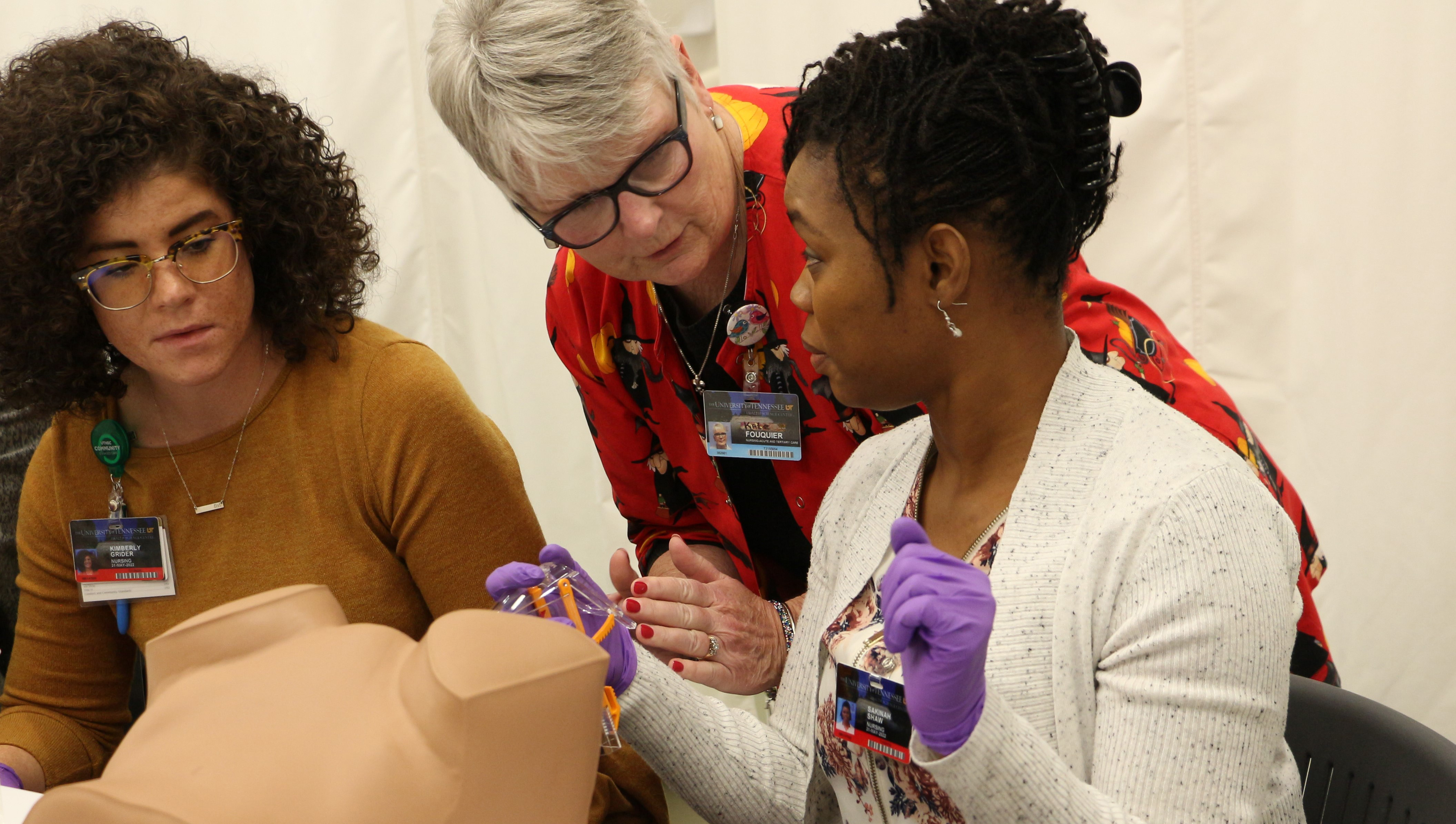DOI
10.21007/con.dnp.2024.0092
Faculty Advisor
Tracy McClinton, DNP, APRN, AGACNP-BC and Carrie Harvey, PhD, APRN-BC, ACNP, CHFN
Clinical Site
N/A
Document Type
Poster
Publication Date
Spring 4-28-2024
Disciplines
Endocrine System Diseases | Investigative Techniques | Medicine and Health Sciences | Nursing
Abstract
Purpose/Background
The need for effective pharmacological management in patients with congestive heart failure (CHF) and type II diabetes mellitus (T2DM) is an ever-growing task for healthcare providers, especially in the primary care setting. Patients with multiple comorbidities are less likely to adhere to required rigorous medication schedules and lifestyle modifications, resulting in accelerated disease progression and defeated efforts of healthcare providers. Traditionally, sulfonylureas have been the medication management of choice by healthcare providers due to their affordability compared to modern medication. Current guidelines recommend that individuals with poor glycemic control could benefit significantly from using older sulfonylureas with other antidiabetic medications, although the non-sulfonylureas are the safer option. This scoping review examines the benefits of initiating either a sodium-glucose co-transporter 2-inhibitors (SGLT2i) or glucagon-like peptide-1 receptor agonists (GLP1RA) versus a sulfonylurea in reducing hospital readmissions within 30 days of discharge in adults hospitalized with T2DM and CHF.
Methods
A literature review was conducted from August 2021 to November 2023 through PubMed, CINAHL, Medline, and Ovid databases with 81 articles containing our keywords. The authors reviewed the abstracts and found 18 eligible articles meeting the inclusion criteria for the review. Inclusion criteria included peer-reviewed, free access, full-text availability, English language, and publication within the past five years. A rapid critical appraisal tool was used to determine the validity and reliability of eligible articles. Ten articles were selected based on quality and relevance. An evaluation table evaluated the efficacy and outcomes of initiating sulfonylurea medications versus SGLT2i or GLP1RA medications in adults with T2DM and CHF.
Results
The articles in the review consisted of five systematic reviews, three randomized controlled trials, and two cohort studies. Eight articles found a decrease in heart failure hospitalizations, decreased risk for cardiovascular outcomes, and decreased all-cause mortality with the initiation of SGLT2i. With sulfonylureas, five articles showed a neutral impact on heart failure hospitalizations, one article found an increase in heart failure hospitalizations, two articles showed a neutral effect on cardiovascular outcomes, and three studies found an increased risk in cardiovascular outcomes. GLP1RAs decreased the risk for cardiovascular outcomes and all-cause mortality in four articles with reduced heart failure hospitalizations compared to sulfonylureas but a neutral impact on hospitalizations compared to SGLT2i. We could not find a single study that directly compared the efficacy of SGLT2i or GLP1RA to sulfonylureas as monotherapies in reducing 30-day hospital readmissions.
Recommended Citation
Ptacek, Alyssa BSN, RN; Majors, Amber BSN, RN; McClinton, Tracy DNP, APRN, AGACNP-BC; and Harvey, Carrie PhD, APRN-BC, ACNP, CHFN , "Evaluating the Effectiveness of SGLT2i or GLP1RA vs. Sulfonylurea Initiation After Hospital Admission for Congestive Heart Failure and Type II Diabetes Mellitus: A Scoping Review" (2024). Doctor of Nursing Practice Projects. Paper 92. http://dx.doi.org/10.21007/con.dnp.2024.0092.
https://dc.uthsc.edu/dnp/92


